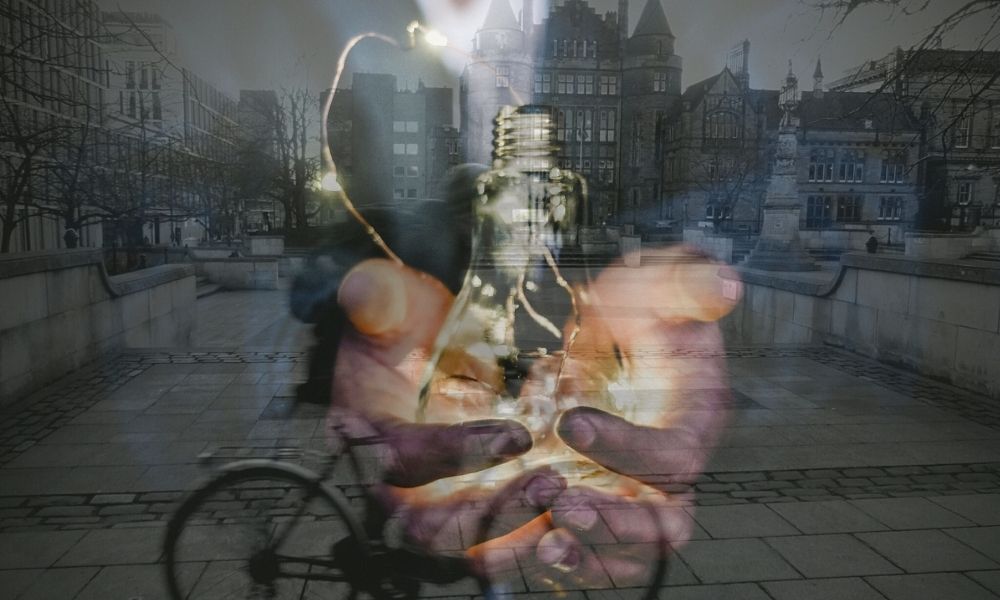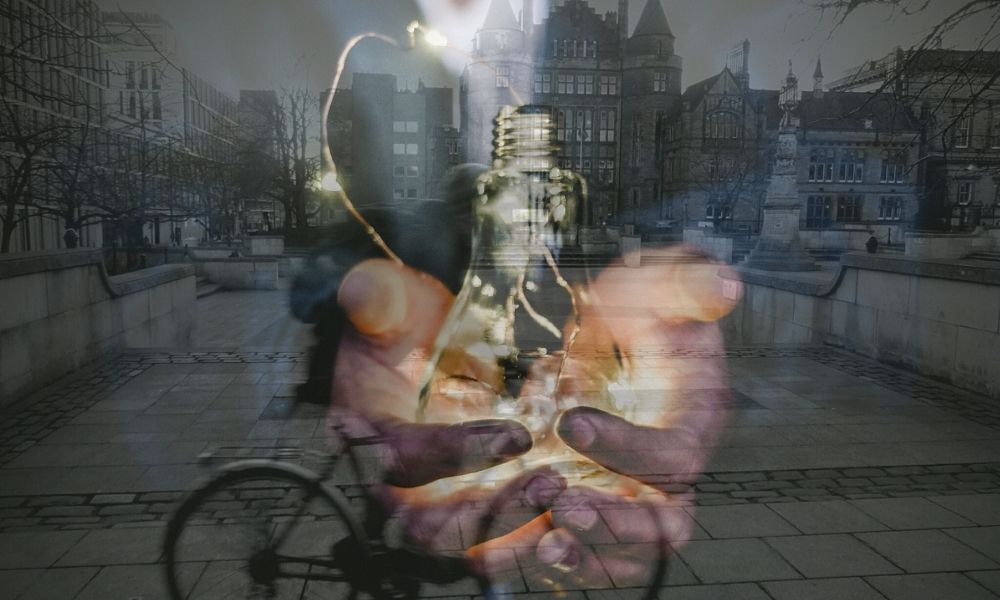
In this latest post in our Spotlight: Voices of Movers and Shakers series, Martine Irakoze a Mastercard Scholar at the University of Edinburgh in International Relations & International Law tells the story of her leadership journey, who she is as an activist, entrepreneur and student leader and the struggles and mental pressures behind her success…
The entire awards ceremony is fuzzy in my memory. What I remember is my friend, Brenda, pushing me off my chair and telling me to go get a certificate.
“Do you want to give a speech?”, Johanna asked.
All I could think of was: “Why?” After the ceremony, lots of people were congratulating me. My mind was blank and I did not know how to respond; so I retreated to a corner. As I sat there alone, I reminisced about a similar feeling I had three years ago, questioning my worth and growth.
In 2017, after joining Bridge2Rwanda, my peers started calling me “feminist”, “leader”, and “public speaker”, words that meant very little to me at the time. I felt insurmountable pressure to live up to the expectations of these “labels” that I contemplated quitting the programme. Not only did I have a stammer but also I was raised in a heavily patriarchal community. My insecurity about my short height also made me very shy to engage in leadership activities. My definition of a leader, at that time, was an authoritarian with massive physical strength. With time, I have tried to unlearn all these wrong misconceptions about leadership. Each time I fall back into the self-doubt, I remember the words of my mentor: “Trust the process. You have been given this recognition and opportunities for a reason.”
A part of the development journey has been about “faking until you make it” while on the other side, I was just discovering innate capabilities. After battling with this imposter syndrome in Bridge2Rwanda, I knew that I needed a university programme that would encourage me to embrace action-oriented leadership. When my mentor asked me what I wanted out of my undergraduate degree, without hesitation, I responded that I wanted to leave a mark at the University of Edinburgh. I was obsessed with the idea of leaving the University different from how I found it. I wanted to be able to look back after my four years at the University and point out changes that would not have been there if I was not here.
To achieve this, I had to learn how to ask the right questions about the status quo. As a disruptor by nature, I knew that I am defined by moments of obligations. I proactively take the full responsibility to change the status quo without waiting for someone else to do it. The next step was to gather the courage to go after the changes I wanted to see. After a horrible experience with the Model United Nations Society, I kept asking why we have left African discourse in the hands of western students. This moment became crucial because that’s when we decided to start the Model African Union Society on campus.
However, the most frustrating thing is that I realised that I cannot implement every project I have in my mind by myself. From that moment, I realised that action-oriented leadership must imperatively be teamwork based. I am blessed to have a network of changemakers who are bold enough to join me in my ideas and turn dreams into realities. This approach has allowed our initiatives to be sustainable and run independently from the original founders. This has been seen through the work of Linda, a social enterprise that tackles sexual reproductive health issues among teenagers in Kenya.
Finally, from entrepreneurship to campaigning, BlackED Movement activism has been the most successful and yet exhausting project I have done so far. The work entails shaking an entire institution to the core about a cause that is linked to my humanity. As a student in the UK, being Black is the first identity I am assigned when people see me. In the words of Chimamanda, I became Black in Edinburgh. In my country where everyone is Black, there is no meaning attached to my skin. However, when I came to Edinburgh, I had to discover that shop owners are likely to think that I will steal something. I had to learn that I am suspected to be intellectually inferior to my peers. I had to learn that I should blend in and erase my culture because this latter is seen as barbaric, loud, and aggressive. “Do not eat your ugali with your hands in front of your White flatmates”, I was told. All of these are biases about me that I had to navigate here.
Therefore, it is fair that, if I had to learn being Black, one has to also educate themselves on being White. I understand that, like me, most of the white peers also grew up in a homogenous background. When they meet and interact with Black people, they realise they are White too. Thus, before we start performing racial prejudices we assimilated subconsciously, we should individually explore meanings attached to our races. Only then, we can have meaningful and creative conversations that will help us move forward. The inaction in this regard will speak louder than all the performative and tokenistic actions.
Martine Irakoze
Martine Irakoze is a Burundian Mastercard Scholar at the University of Edinburgh in International Relations & International Law. She is passionate about African youth development, entrepreneurship, gender equality, and racial justice. In 2019, Martine cofounded Linda, a social enterprise that tackles sexual reproductive health issues among teenagers in Kenya. After the summit, she was inspired to bring together African youth diaspora in Edinburgh and founded the first-ever Model African Union Society in the UK. As a One Young World Leading Ambassador, Martine also runs One Young World Edinburgh chapter which is a platform to lead on uncomfortable conversations such as orphanage voluntourism. Lastly, Martine is one of the founders and directors of BlackED Movement, which is an initiative to end the existing racist culture at the University.



